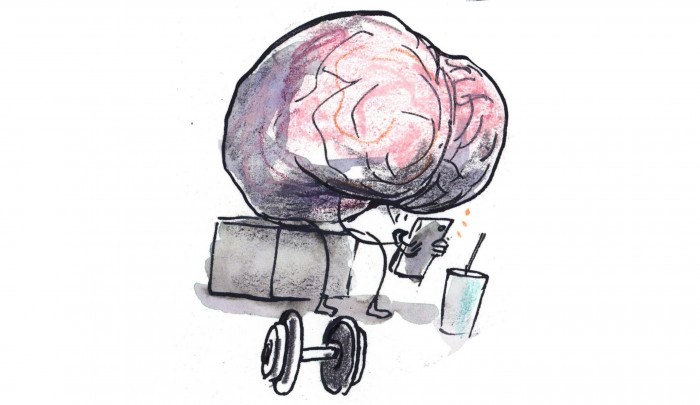The Biggest Technology Failures of 2016

Lumosity brain games
Ever see those TV ads for “brain-training” games that will make you smarter? A San Francisco company, Lumos Labs, aggressively marketed online quizzes and memory tests under the brand Lumosity and said users would perform better in school and even postpone dementia. This October, a team of psychologists reviewing hundreds of studies concluded that brain games don’t make you smarter. By then, Lumos had already been fined $2 million by the Federal Trade Commission for false advertising. “Lumosity preyed on consumers’ fears about age-related cognitive decline,” said the FTC. “But Lumosity simply did not have the science to back up its ads.”
Keep Reading
Most Popular
Large language models can do jaw-dropping things. But nobody knows exactly why.
And that's a problem. Figuring it out is one of the biggest scientific puzzles of our time and a crucial step towards controlling more powerful future models.
How scientists traced a mysterious covid case back to six toilets
When wastewater surveillance turns into a hunt for a single infected individual, the ethics get tricky.
The problem with plug-in hybrids? Their drivers.
Plug-in hybrids are often sold as a transition to EVs, but new data from Europe shows we’re still underestimating the emissions they produce.
Google DeepMind’s new generative model makes Super Mario–like games from scratch
Genie learns how to control games by watching hours and hours of video. It could help train next-gen robots too.
Stay connected
Get the latest updates from
MIT Technology Review
Discover special offers, top stories, upcoming events, and more.